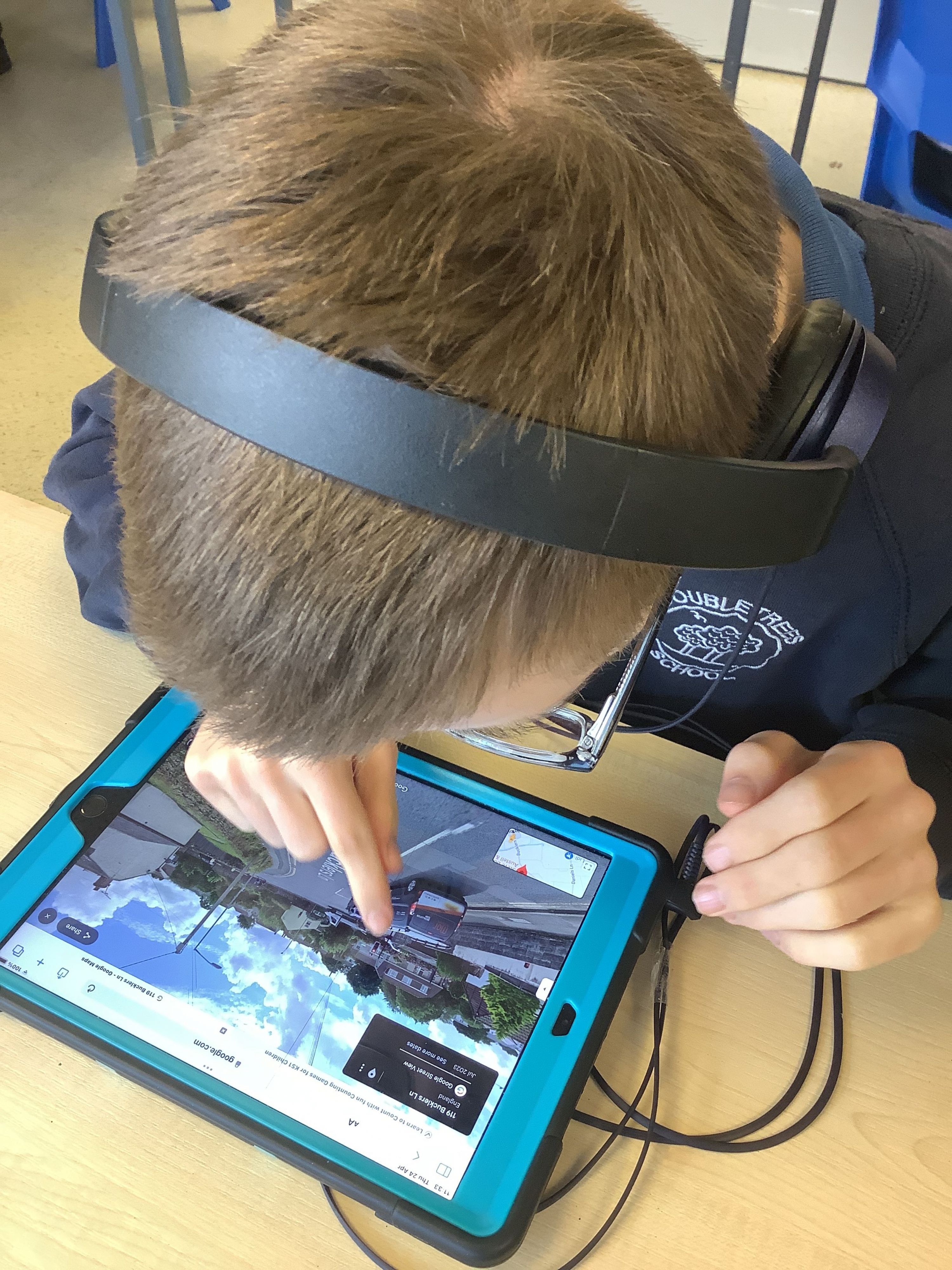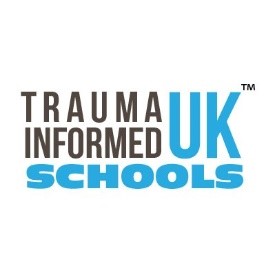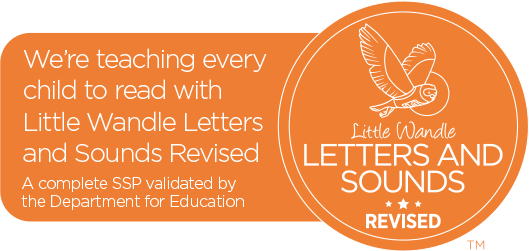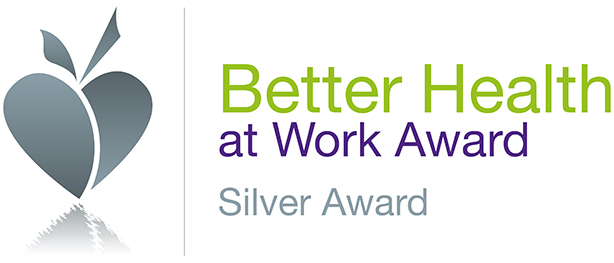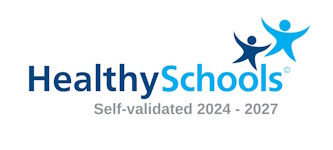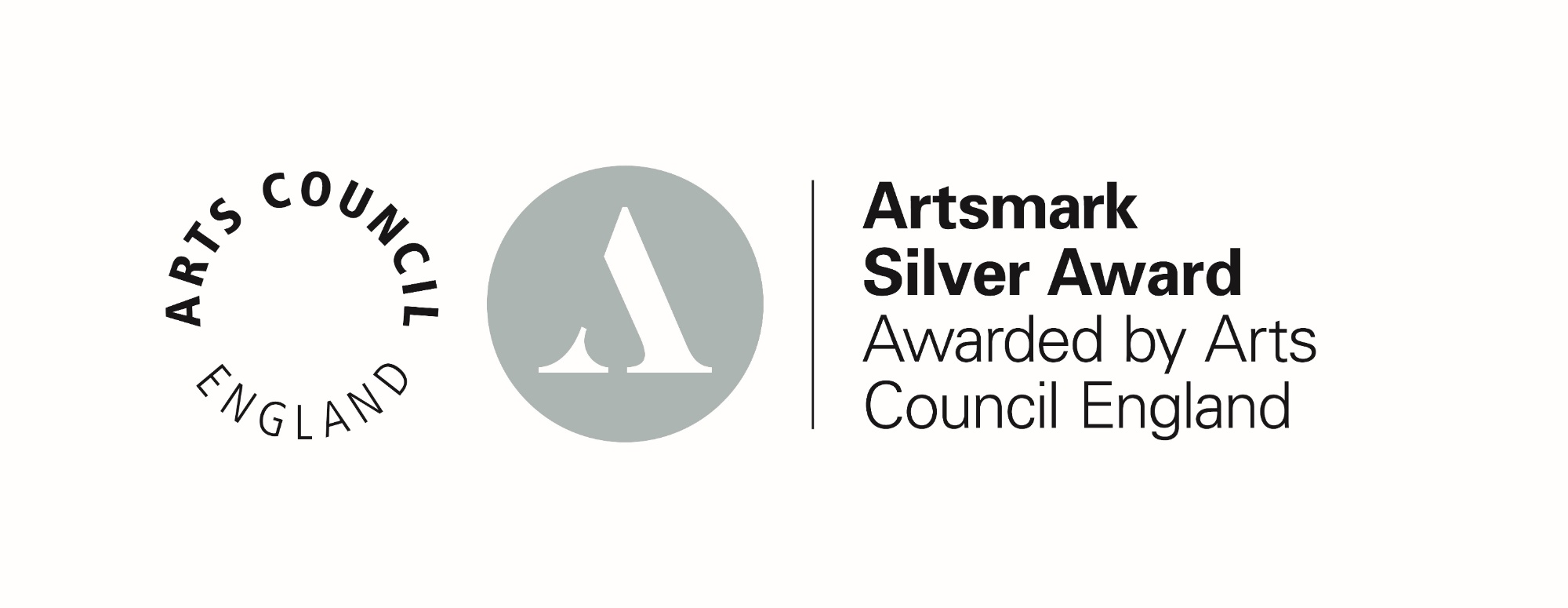This week in the Discovery Pathway.....
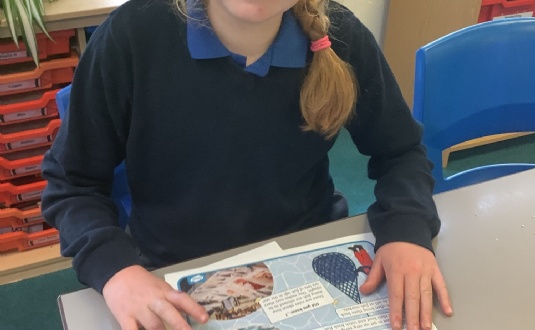
Cedar Class
We had a great time during yoga, practicing our stretching and moving along different obstacles.
The Benefits of Yoga
In recent years, yoga has gained popularity as a gentle, accessible practice that supports physical, emotional, and mental well-being. For children with Special Educational Needs, yoga offers a particularly powerful range of benefits that can enhance their learning experience, emotional regulation, and social interaction.
1. Enhances Physical Development
Yoga helps improve strength, flexibility, and coordination—skills that are particularly beneficial for children with motor difficulties. The simple, repetitive movements in yoga can also help children develop better body awareness and balance in a calm, non-competitive environment.
2. Reduces Anxiety and Promotes Relaxation
Many children experience heightened anxiety or struggle with emotional regulation. Yoga encourages deep breathing and mindfulness, which can calm the nervous system. Regular practice helps children learn techniques to manage stress and self-soothe, both in and out of the classroom.
3. Improves Focus and Concentration
Yoga sequences often require children to hold poses, follow instructions, and focus on their breath. These activities naturally build attention spans and improve concentration—key skills for academic and social success.
4. Encourages Emotional Expression and Confidence
Through yoga, children learn to listen to their bodies and respect their limits. This self-awareness fosters confidence and a positive self-image. Group yoga classes also encourage peer interaction and cooperation, helping children feel included and supported.
5. Supports Sensory Integration
For children with sensory processing issues, yoga can help regulate sensory input by providing structured, predictable movements. It offers a soothing routine that can ease transitions and reduce sensory overload.
6. Accessible and Adaptable
One of yoga’s greatest strengths is its flexibility. It can be adapted to meet the individual needs of each child—whether through chair yoga, the use of props, or simplified sequences. This inclusivity ensures that every child can participate and benefit.
Maths
In Maths lessons, we are counting up in 2's. Nikki bought in lots of mixed up socks for us to pair up. We took our time looking for a match, and then we counted how many pairs that we had! It was a great fun way to learn about matching pairs and numbers, and, of course, the obligatory one sock that is always left over!
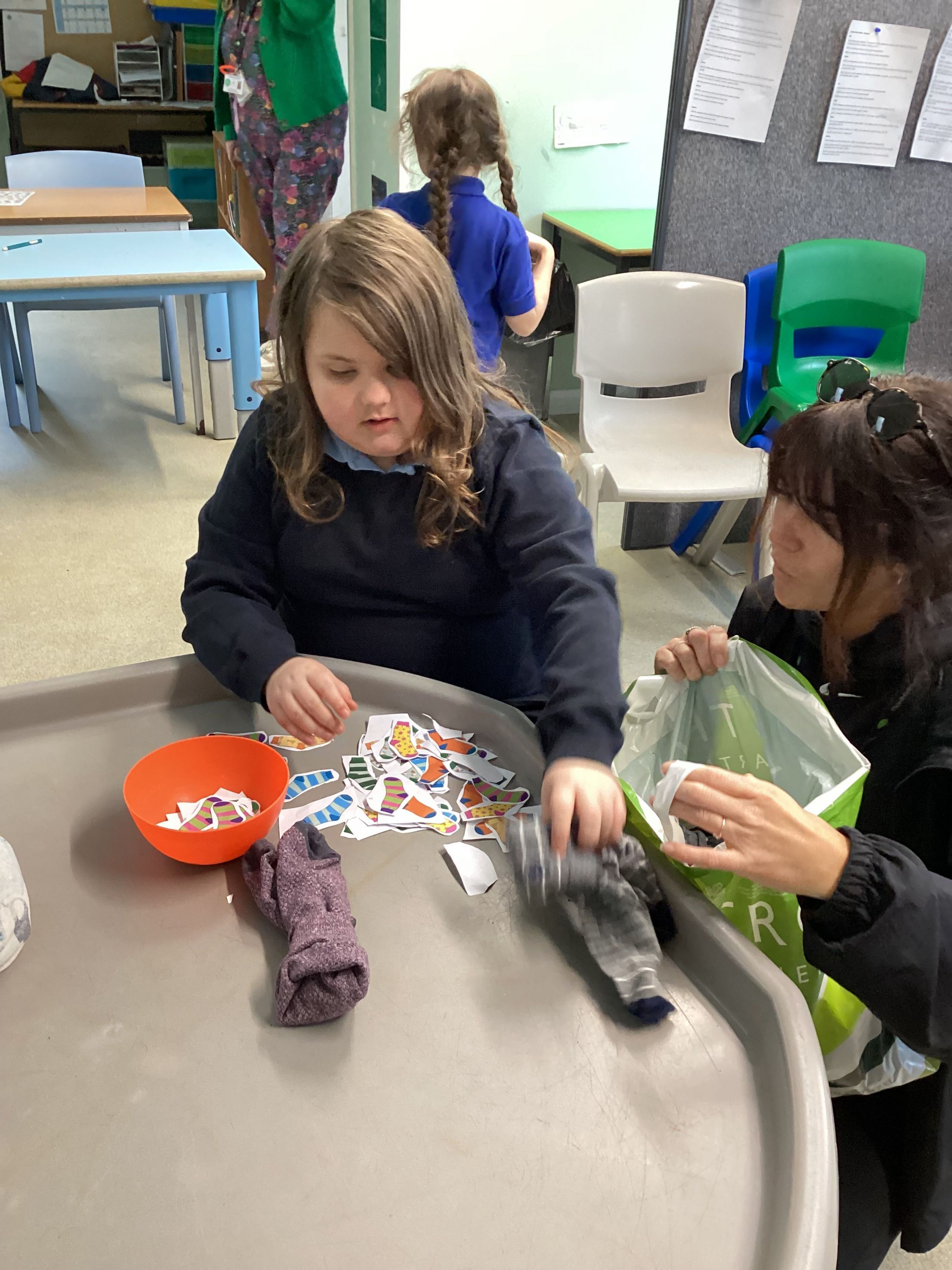
Maple Class
Maple class have begun their history topic this week, exploring local fishing harbours and how they look different today. They made super comparisons to the images, and commented on environmental features that have changed since then. We covered the topics of fishing, boats and tourism and how this has affected our local harbours over the years.
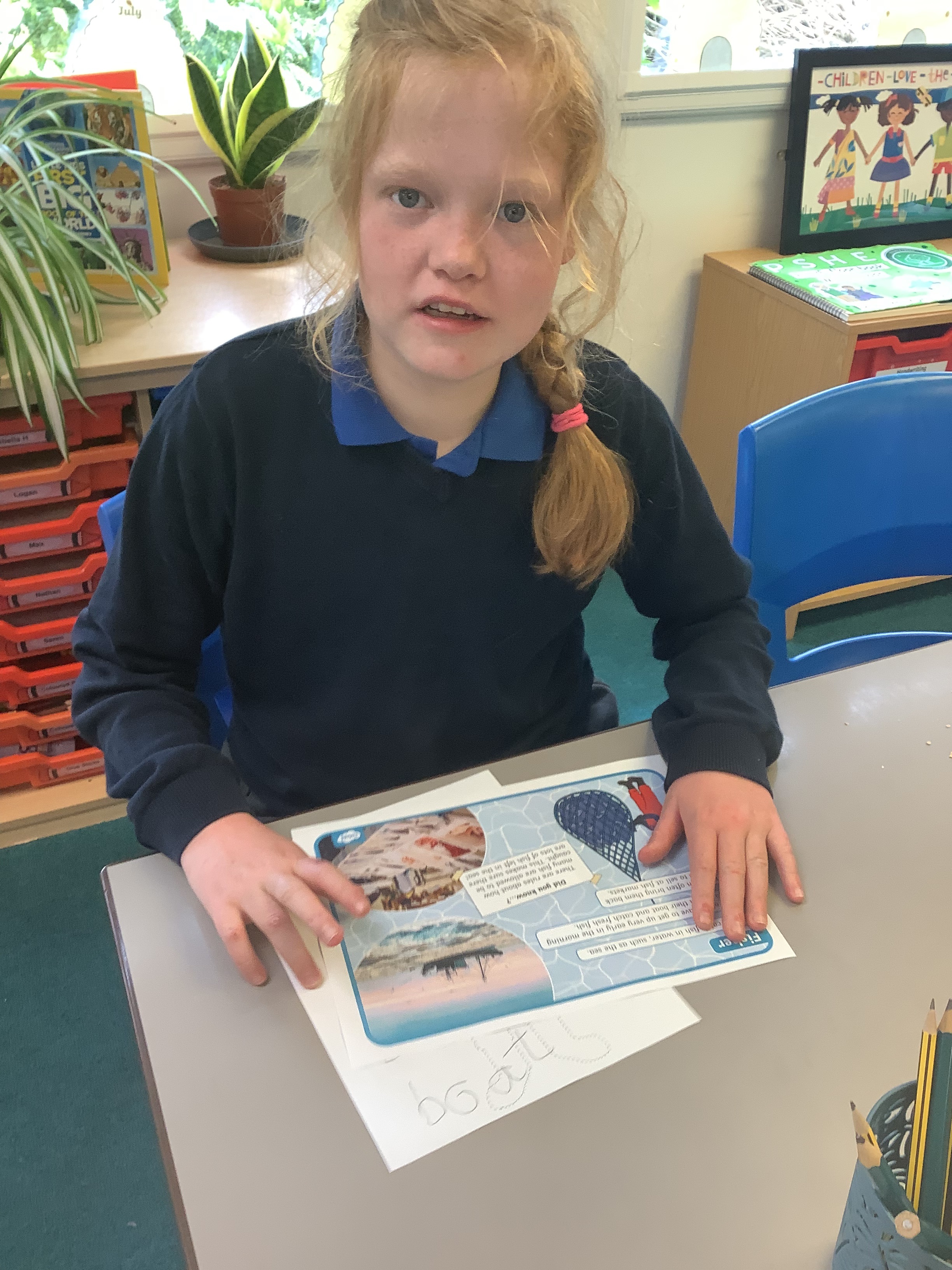
Cherry Class
Cherry Class had a super start to the term and their new topic "The Beach". We have learnt lots of Makaton signs for key words related to the seaside and used Google Maps to identify our closest beaches. We also had fun looking at local beach webcams and compared beaches today and in the past. We are enjoying getting out in the yard, sensory garden and the post-14 area and our starting to think about all the skills we need to develop for our Duke of Edinburgh expeditions in July.
Embracing the Outdoors: Preparing for the Duke of Edinburgh’s Award
As spring blooms and the days grow longer, there’s no better time for our learners to reconnect with nature and embrace the great outdoors. At Doubletrees, we’re proud to support our learners on the Duke of Edinburgh’s Award journey—an adventure that not only builds resilience and leadership, but also creates unforgettable memories.
The DofE Award challenges young people across four key areas: Volunteering, Physical, Skills, and Expedition. While each section plays a vital role in personal development, it’s the Expedition that truly brings students face to face with the wild beauty of our countryside.
Preparation is key. Over the past few weeks, post 14 have been busy learning with the support of our outdoor spaces, such as the sensory garden and poly tunnel. These practical lessons are helping us to build confidence and teamwork—skills that will prove invaluable during their assessed expeditions later this year.

